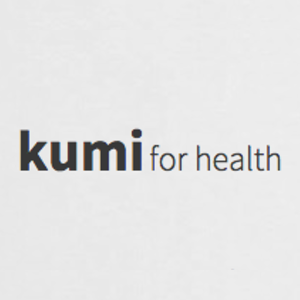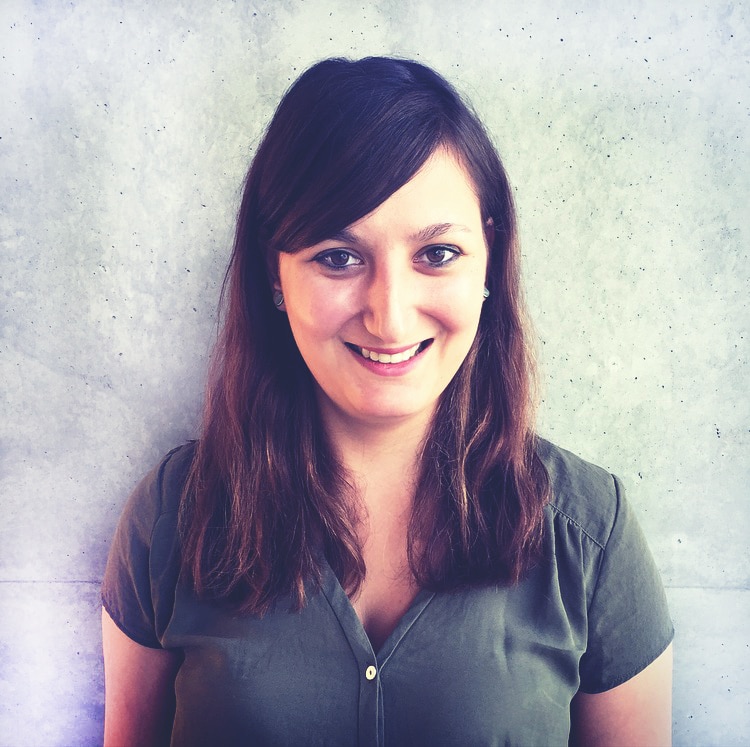Finalist | Kumi for health (Germany) - improving health care provision, enabling clinical excellence
 Our Industry 4.0 finalist kumi for health developed a web-based, platform-type software delivered to hospital departments as a service. kumi Flow offers a patient-specific innovative link between diseases, corresponding clinical pathways and tools allowing for care-team-interaction. Within kumi Flow’s smart logistics solution, network- based information (e.g. from sensors/ location trackers) will dynamically drive optimization of Health Care professionals proposed workflows and lead to better provision of care. We talked to Dr. Timothy Mende, CEO of kumi for health about his solution.
Our Industry 4.0 finalist kumi for health developed a web-based, platform-type software delivered to hospital departments as a service. kumi Flow offers a patient-specific innovative link between diseases, corresponding clinical pathways and tools allowing for care-team-interaction. Within kumi Flow’s smart logistics solution, network- based information (e.g. from sensors/ location trackers) will dynamically drive optimization of Health Care professionals proposed workflows and lead to better provision of care. We talked to Dr. Timothy Mende, CEO of kumi for health about his solution.
Fore more information visit: CODE_n CONNECT | Website
Where did your idea for the company come from?
Dr. Timothy Mende (kumi for health): Bad quality of treatment in hospitals and overwhelmed and often frustrated clinicians – both closely linked to insufficient clinical care processes – are problems I experienced daily while working as a physician at a large German university hospital. From there on I was hooked on the idea of making hospitals a safer place for patients and a more rewarding and less cumbersome place for clinical staff. We found our company’s name by looking at our core values: „kumi” means „team” in Japanese – which perfectly fits in with our belief that healthcare provision needs to be teamwork at its very best!
For which kind of audience is your product or service intended and what problem is it solving?
Dr. Timothy Mende (kumi for health): kumi is bringing the digital todo list to where it creates the biggest value: hospitals! Our industry-specific intelligent ‚Wunderlist‘ is to be used by doctors, nurses and further members of clinical teams in the in-patient hospital setting (e.g., a cardiology or orthopedics department). For clinicians we will solve the problem of cumbersome and only partially effective work routines by replacing workflow-related ad-hoc communication and pen & paper todo lists with a smart, engaging and beautiful tool. For patients this approach leads to solving the problem of variant and partly inferior quality of care. Finally, we are helping hospital executives in their struggle to ensure best in class treatment quality and safety while running their hospitals efficiently.
Tell us a bit about the company’s founders like their professional or industry background and the origins of the founding idea.
Dr. Timothy Mende (kumi for health): I’m a physician by training and background with 4 years work experience in Cardiology. In 2012 I shifted gears and joined the Boston Consulting Group’s healthcare practice from where I supported international clients in all different areas of the industry (Big Pharma, MedTech, Providers, etc.) in solving their most pressing and often highly strategic challenges. In mid 2014 the time was ripe to once again switch careers and turn to entrepreneurship in order to challenge and improve the status quo of clinical healthcare delivery around the world. My brother-in-law and co-founder Thilo has a technical background with substantial experience in the field of automated machine learning. As a consultant with one of the top tier IT consulting firms he has further gained extensive insight into digitilization-challenges encountered by enterprise clients in numerous industries.
Health data is a very sensitive and complex topic that goes hand in hand with a lot of responsibility. How do you ensure people trust in your solution? In your opinion, what are traditional clinical health care delivery systems currently missing out on?
Dr. Timothy Mende (kumi for health): When offering digital solutions for the healthcare industry – a comprehensive, safe and trustworthy approach to handling sensitive data is a must. For us this goes hand in hand with our core values: trust, team and empathy – therefore at kumi we see any potential compromise with respect to patient’s sensitive health data as non-negiotionable. For execution of this promise we engage with IT-partners that share our values and have proven that they are able to deliver on our high expectations.
Traditional healthcare delivery systems are not sufficiently solving the problem I would just like to call „chaos in hospitals“. Therefore patients are missing out on acceptable levels of quality of care provided while clinical staff is missing out on support & solutions empowering them to repeatedly and efficiently do what they care most about: provide clinical excellence to their patients!






Write a comment